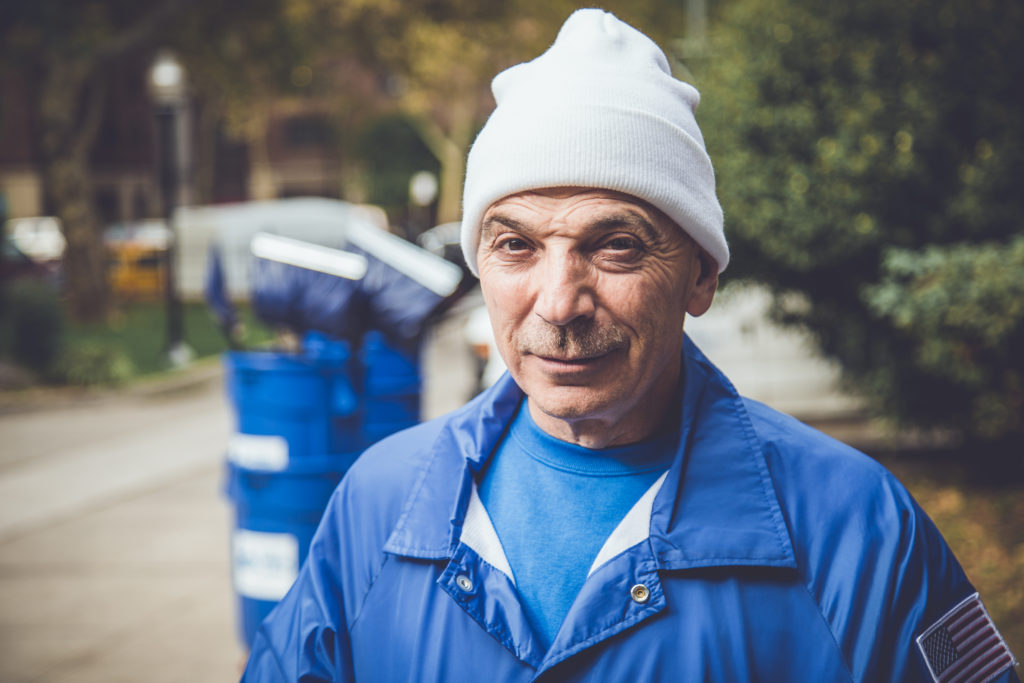When trainees enter Ready, Willing & Able, they are determined to change their lives through work. But finding a job after years of homelessness or incarceration is a daunting prospect.
Ready, Willing & Able’s “Community Improvement Project” provides transitional work opportunities to trainees to help ease their re-entry into the workforce. For many, working as part of The Doe Fund’s street cleaning crews is their first job after years of incarceration. For others, it’s their first time ever earning a real paycheck. Either way, they have the opportunity to work and build savings while preparing for long-term employment.

“We’re not teaching men how to clean streets or remove graffiti; we’re teaching them how to work,” said Craig Trotta, Senior Director of Community Improvement Project Field Operations at The Doe Fund. “While they work in crews cleaning the streets, we teach our trainees vital soft skills for the workplace—like arriving to work on time, conflict resolution, and reporting to a supervisor.”
Transitional work assignments also help trainees grasp their own potential to make a positive impact in the workplace and in their community. “At orientation, I always tell the guys: You are representing The Doe Fund when you put on that uniform. You are all agents in this community, and what you say and do on the job matters.”
Terrance Coffie, Community Affairds Liaison at The Doe Fund, explained that this sense of civic responsibility was an entirely new notion to wrap his mind around when he was a Ready, Willing & Able trainee in 2009. “Before, what I did never really seemed to matter to anyone except for me. But this job gave me a sense of duty that I didn’t have before. I didn’t want to let them down.”
“When someone recognizes your uniform and tells you that you’re doing a good job, that’s when that sense of pride starts to kick in,” said Coffie. “It builds your self worth and you start to view yourself differently. You begin to truly understand the value of work.”

